We’re excited to introduce you to the always interesting and insightful Jeremy Young. We hope you’ll enjoy our conversation with Jeremy below.
Hi Jeremy, thank you so much for opening up with us about some important, but sometimes personal topics. One that really matters to us is overcoming Imposter Syndrome because we’ve seen how so many people are held back in life because of this and so we’d really appreciate hearing about how you overcame Imposter Syndrome.
I am not certain one ever truly overcomes imposter syndrome. It is something everyone feels if they are being honest with themselves. It is a natural byproduct of continuing education and growth.
In the restaurant industry, imposter syndrome is especially heightened due to certain lingering cultural factors. The industry as a whole has moved towards transparency, honesty, and equity, but the movements have been slow and inconsistent, and we are still recovering from past trauma. Many chefs of my generation were trained under the tutelage of what I call the “Angry God Chef.” These were chefs who ruled by fear and intimidation, whose commands were final and above reproach. I could never, ever question the word of Chef, even when I suspected they might be incorrect.
Over time, this has fostered many negative symptoms that are difficult to eradicate. Cooks have learned that it is better to hide their mistakes rather than own up to them and face the wrath of the Angry God Chef. They have learned to pretend they know something rather than admit their ignorance. This fosters a culture where mistakes still happen, but – rather than learning from those errors – they get swept under the rug of fear. In the end, nothing improves and the cooks do not learn any valuable lessons.
All of this feeds into imposter syndrome. As I have risen to leadership in the kitchen, the impulse to project myself as an all-knowing Chef to my team is strong. But I don’t know everything. I could never know everything about this work. No one does. Yet – surrounded by peers who continue to present the old ways of the Angry God Chef – I still feel compelled to pretend that I know more than I know, that I am more than I am. This often leads me to feel false and hollow, like I haven’t earned the position I hold, like I am never enough to fill this role.
In my ongoing experience, the antidote to imposter syndrome is honesty and transparency. These days, I delight in answering my team, “I actually don’t know the answer to that. Let’s find out together.” It takes willpower and constant, active suppression of ego, but my hope is that this will foster in time a better environment for my cooks. Perhaps they will learn by my example that it is okay to not know everything, to make mistakes, and that learning only occurs when both of those facts are shamelessly embraced.
In the end, I believe this makes me a stronger and more effective leader. I know that practicing this sort of transparency makes me a better Chef than the Angry God Chefs that trained me. This gives me the confidence to reject the feeling of imposter syndrome. But it is a daily practice to keep it in check. It is helpful to remember the chef I used to be and contrast it to the chef I have become. By proudly reviewing my progress as a person and as a leader, I am able to see that I do, in fact, belong here and that I have, in fact, earned the position I hold. Whenever I feel the imposter syndrome creeping on, I reach out to my peers that are projecting success and listen to their similar struggles. We are all human and – despite how others might present themselves – we are all facing down the same imposter syndrome. I just take it one day at a time.

Thanks for sharing that. So, before we get any further into our conversation, can you tell our readers a bit about yourself and what you’re working on?
In it’s most basic terms, our job is to delight people with delicious food and memorable service. We specialize in a unique brand of Asian fusion that we call “American-Chinese comfort food.” This is not your traditional Chinese food from first generation immigrants bringing their culinary specialties to a new audience. Neither is this your sugary, sensationalized Panda Express food either. We are the next logical extension of Asian diaspora food in the United States. We are cooking from our own distinct perspective as American-born citizens that embrace both our ethnic roots AND our nationality.
Furthermore, we create using all of the tools gathered throughout our careers, not just the flavors and techniques that convention and tradition might deem relevant to Chinese cuisine. This means introducing local produce, farm to table foodways, zero waste practices, and more elevated cooking and plating techniques. It also means not limiting ourselves to Chinese flavors and ingredients, but organically folding in pan-Asian and uniquely Texan influences from past kitchens. At Yellow Ranger, it is common to find a Chinese dish cooked with French technique, or Korean ferments, or Japanese plating, or even Mexican chilies. Our message is, “We are what we are, and what we are is interesting, unique, and delicious.” By finding security and confidence in our sense of self, we are able to create truly new ways to delight our guests.
Our service is informal and unpretentious. Just as we cook like ourselves, we serve like ourselves. We are loud and brash and proud and unafraid. We are punk rock. We aren’t afraid to stand for what we believe in and tell our guests about it. We work hard to provide warm and inviting hospitality to every guest, but never at the sacrifice of our identity. We stand out from other “customer is always right” restaurants by saying, “You know what, we think our way is better and let us prove it to you.” We stand firm in our belief that our food and service are better when we are comfortable and confident in our identity without compromise.
A perfect example is the development of our new menu now available at the restaurant. Over our first year of operation we diligently collected feedback from our guests. The overwhelming majority of customers wanted one thing, customization. They were bringing their experiences from other Chinese restaurants into Yellow Ranger and saying, “I love this dish. You have the ingredients. Why can’t you just make it for me?” We easily could have made it for them and our heart for hospitality WANTED to make it for them. We are in the business of making people happy after all. But we were proud of our chef curated dishes and did not want to water them down. To do so would’ve been an irreversible step away from that carefully cultivated sense of self. We wanted to show our guests that the flavors we thoughtfully put together could delight them better than the desires that were living in their heads. So, instead of rolling over and taking the easy path, we laboriously re-tooled our entire menu to provide more customization while still preserving the integrity of our culinary vision. It took months, but we are very proud of the result.
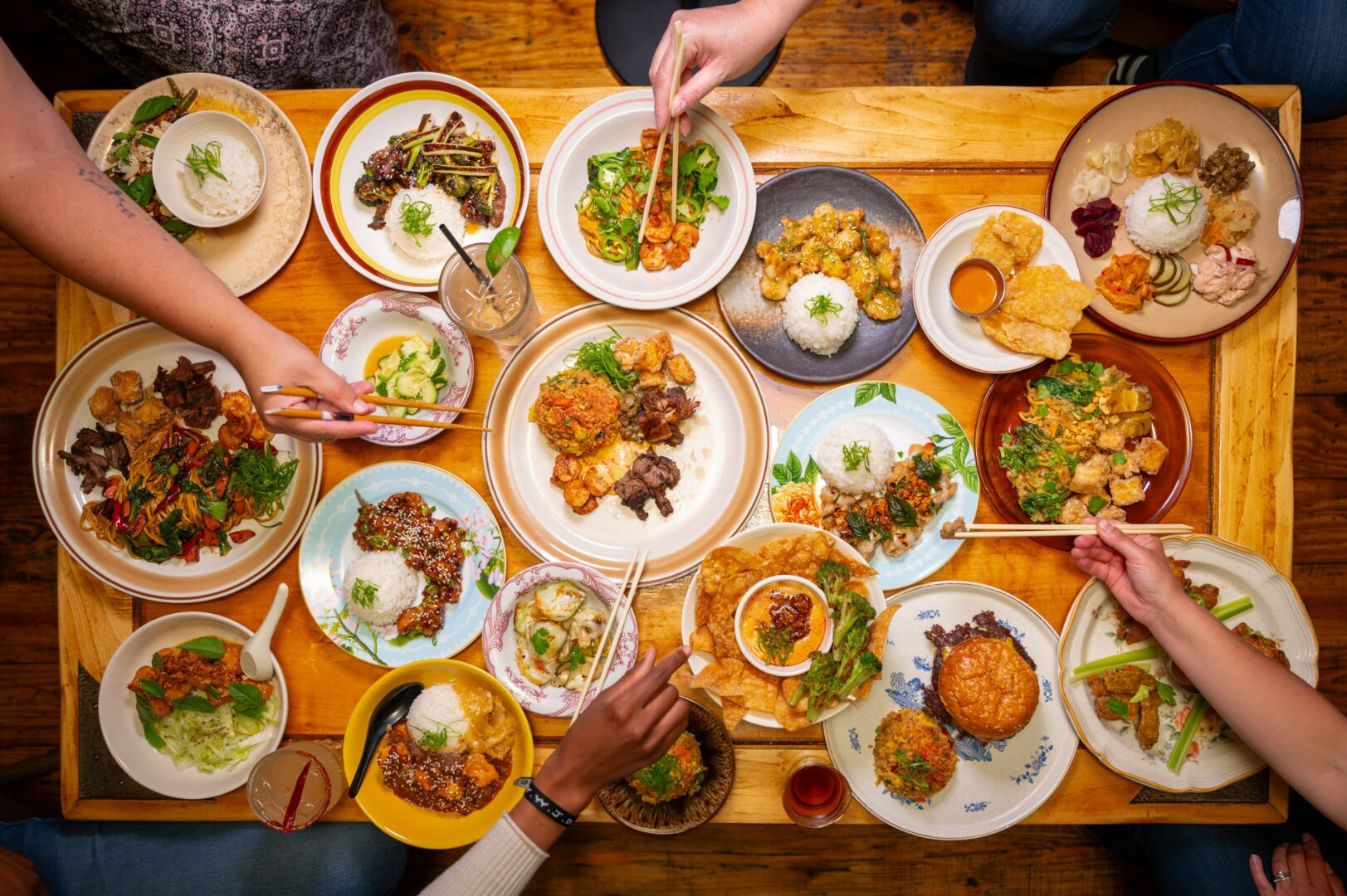
If you had to pick three qualities that are most important to develop, which three would you say matter most?
Interestingly enough, the areas of knowledge I’ve found to be most impactful have very little to do with the day to day work, the cooking and serving. The top three most valuable skillsets I have developed are leadership, growth strategies, and business operations.
Developing quality leadership skills are crucial for anyone in any field, but are sadly constantly overlooked and underdeveloped. I highly recommend the Harvard Business Review’s booklet “On Leadership” as an excellent, quick, and easy primer on the basics. In addition to study, it was crucial for me to practice these skills in various roles throughout my career, from Sous Chef to Executive to Director. I urge everyone to take their time in these development roles and not rush ahead to higher positions before they are ready. It takes time, experience, and conscious effort to learn what makes a good, effective leader. Of all the many disciplines necessary, I have found empathy, fairness, active listening, and clear communication to be the most important tenets to practice daily.
Growth is a part of any small business, but is often experienced as a trial by fire when it comes, and not as carefully planned for as it deserves. To this end, I spent much of my early career training in a diverse range of environments. I was careful to spend equal and ample time in everything from tiny food trucks, small independent startups, large well-funded groups, and massive corporate kitchens. By working in many different environments, I was able to see many different paths for growth as well as the positive and negative consequences of these strategies. If you only learn in one type of scenario, you are limited in your vision and creativity when it comes time to grow your own business. I always encourage people to make mistakes with someone else’s money and brand before trying to start and grow their own thing.
Lastly – but definitely not least – it is essential to learn the basics of good business. This means cost control, marketing strategies, accounting, profit and loss, budgets… all of the not-so-fun bits that are easy to push to the back burner. Everyone wants to work on their product or service first before knowing how to run a strong business. Even if your plan is to hire people for these disciplines, it is imperative that you understand the basics of good business in order to recognize potential problems and solve them quickly. There are many paths to attaining this knowledge, but I strongly recommend taking a course from the local community college supplemented by tons of book-learning. There is no shortage of resources available on these subjects. Just make sure to immerse yourself in the business side of things long enough for it to become true understanding. Over time and experience, this knowledge will solidify into instinct which you will rely upon daily to operate successfully.
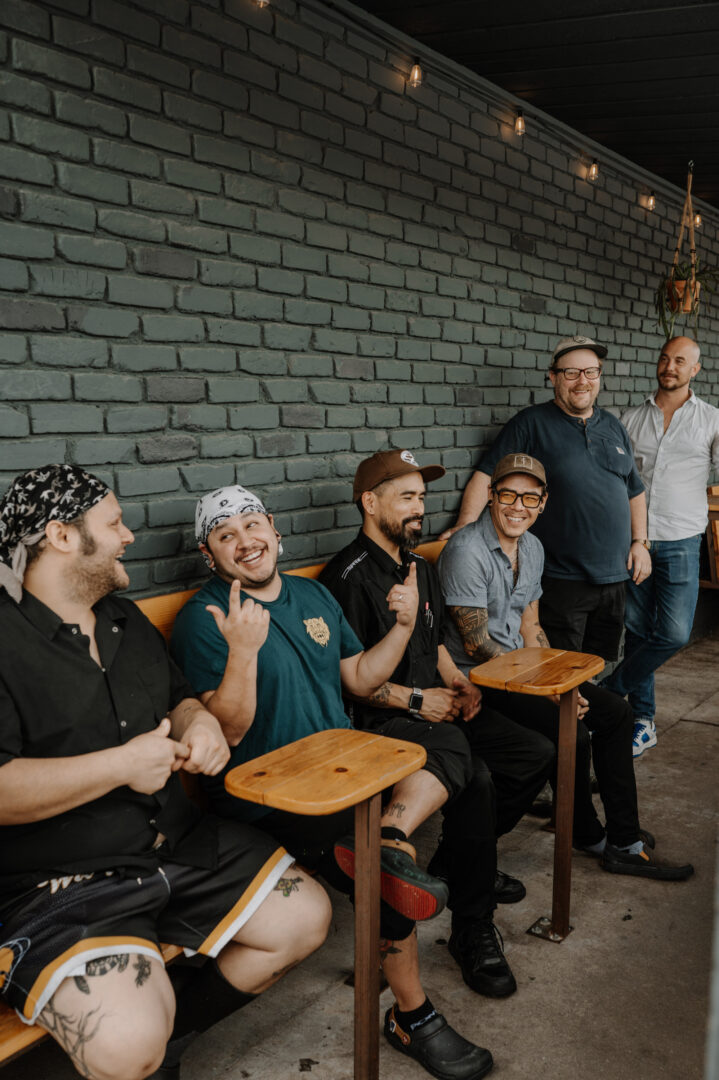
All the wisdom you’ve shared today is sincerely appreciated. Before we go, can you tell us about the main challenge you are currently facing?
The main obstacle we are facing at Yellow Ranger is the same major obstacle most small, independent restaurants face constantly: COST. If we do everything perfectly and there are no unforeseen problems from the outside world, our profit margin is around 20%. Most of the time, however, it is closer to 10%. And that’s on a good day. This sort of revenue makes it very difficult to prepare for emergencies or keep up with maintenance and repair, much less try to grow the business.
Our costs continue to escalate year over year from inflation, tariffs, and other economic conditions. Many costs of goods have never recovered from the Covid pandemic. Labor costs continue to rise as the general cost of living increases. Rent and utilities are pricier than ever before.
We have little choice but to pass some of our costs on to our guests. However, there are many restaurant specific pitfalls to carefully navigate. Many guests still regard dining out as a commodity, not a luxury. They expect their meal to be affordable if not outright cheap. If we raise our prices too much, they will not return. There is always a restaurant nearby using cheaper quality ingredients or paying their staff a lower wage, and most consumers aren’t bothered by this contrast. Unfortunately, too, restaurant workers is still largely regarded as unskilled labor, despite our chefs attending culinary school and honing their craft for decades. The median pay rate for experienced cooks is still in the teens and low 20s per hour, whereas trades that require similar experience and training consistently make $35-75/hour.
Being in hospitality, our main goal is to make folks happy and we subsequently shield our customers from much of our internal strife. Unlike many other industries, it is inappropriate in a service environment to pass our financial burdens onto a guest that is simply trying to have a nice meal. So the mission becomes to meet our margins through passion, hard work, creativity, engineering, and continuous reinvention, rather than insisting upon charging for what we are actually worth. As a passionate lifelong chef, my sincere hope is that one day we are valued and paid reasonably for the crucial and highly skilled services we provide to our community.
Contact Info:
- Website: HTTPS://www.yellowrangeratx.com
- Instagram: @yellowrangeratx
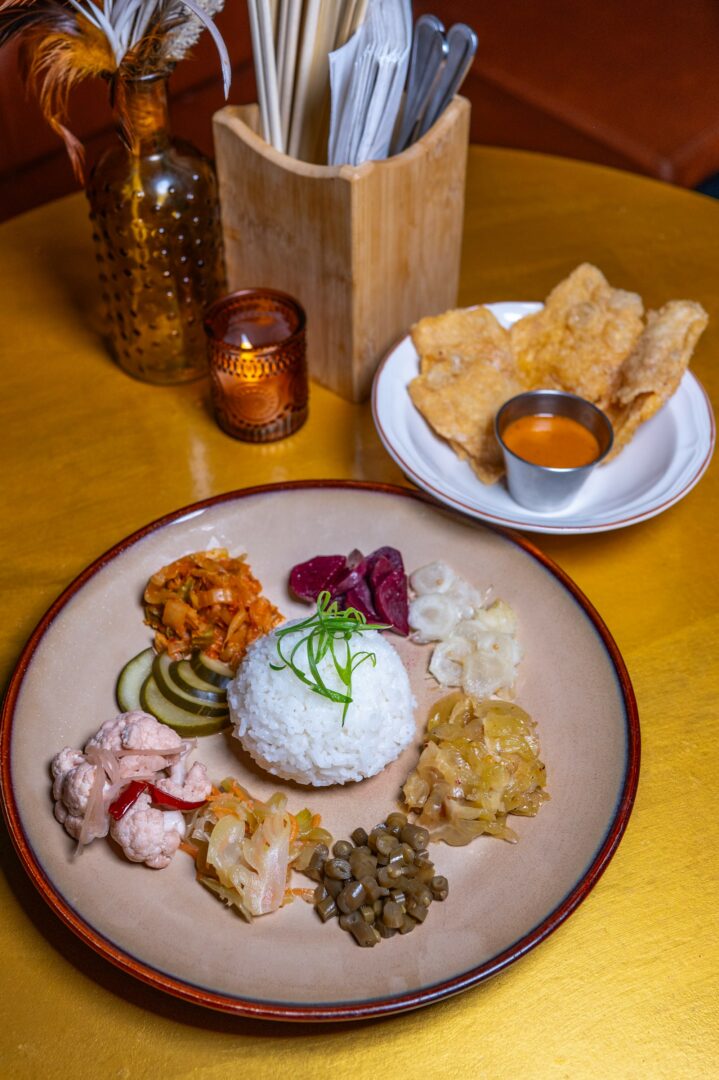
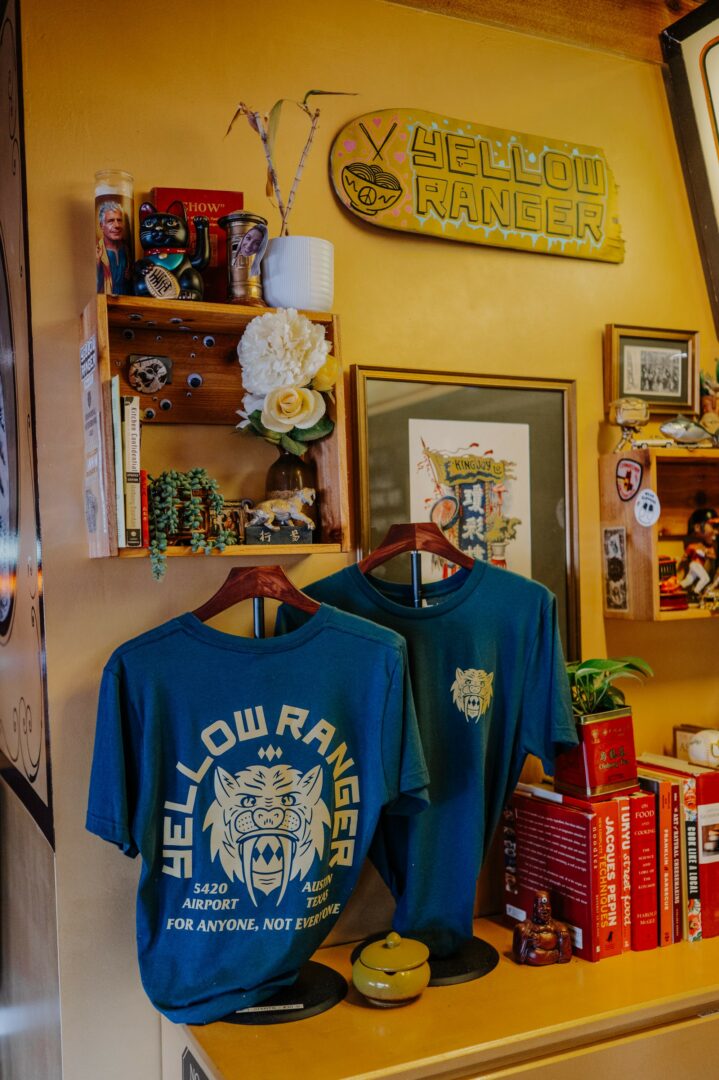
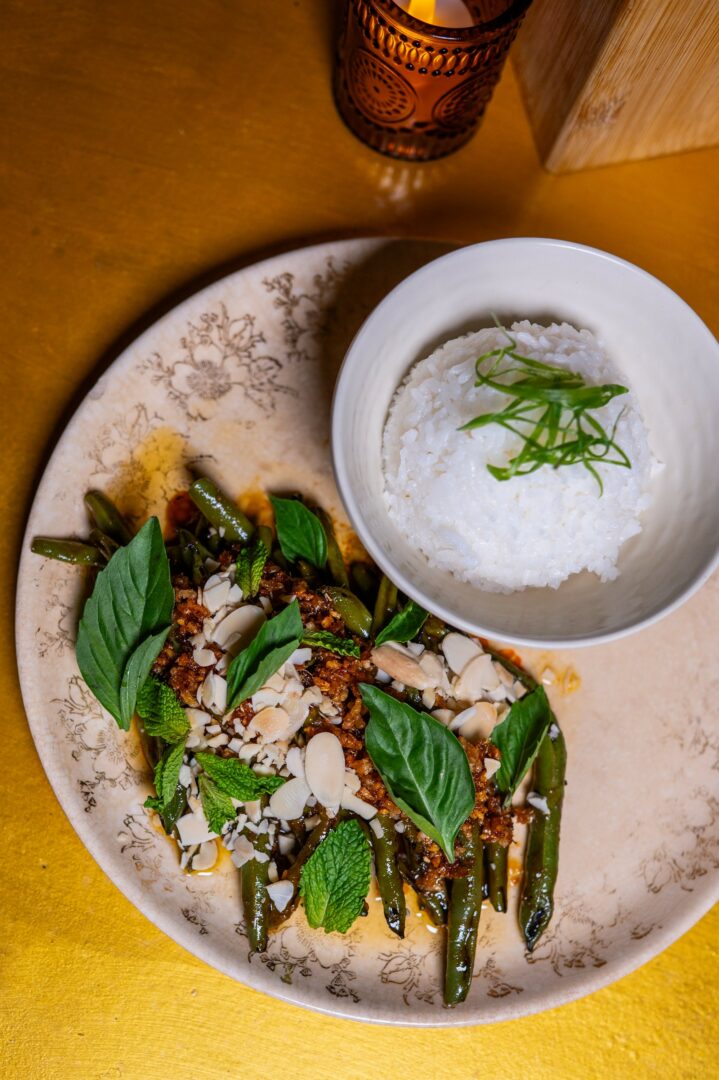
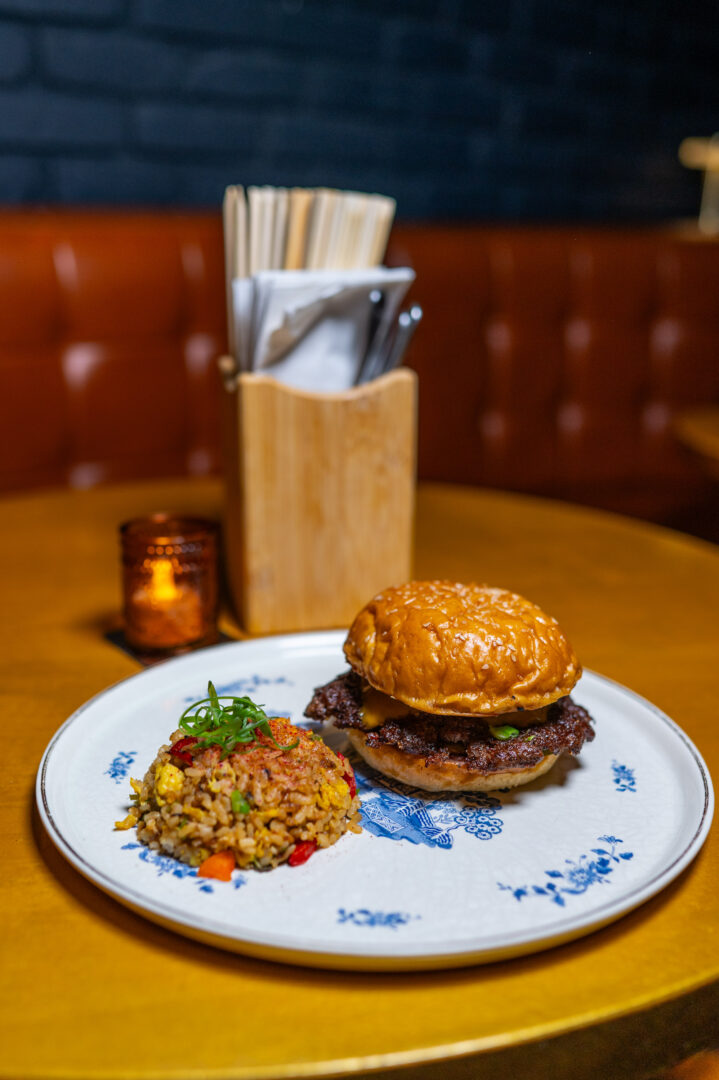
Image Credits
Ukiyo Photo, Lauren Corbin-Nieto
so if you or someone you know deserves recognition please let us know here.




